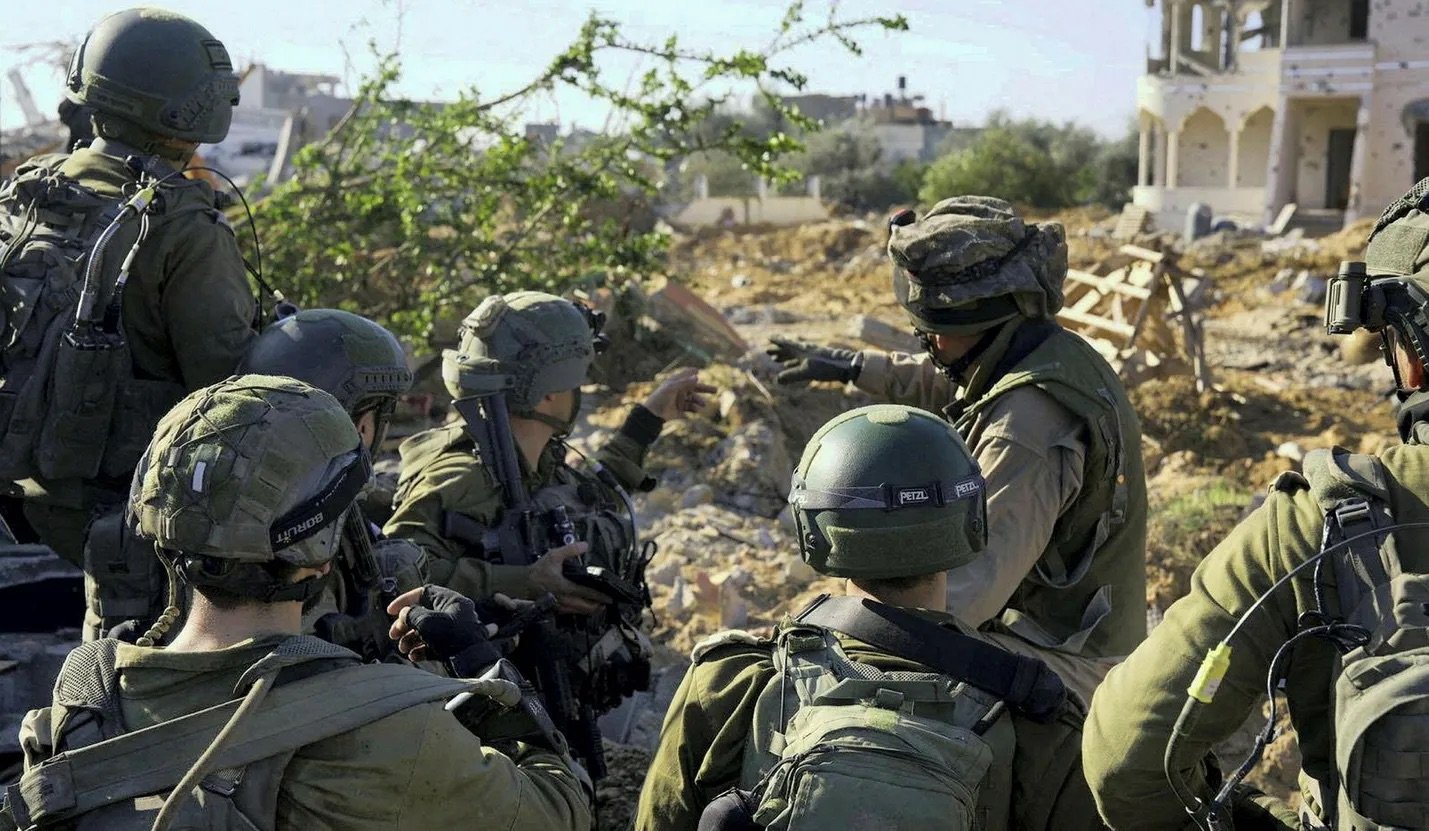Date: February 24, 2024
News Category: Global Conflicts
Country: Israel, Palestine
Location: Gaza Strip
As the Israel-Gaza conflict enters its 141st day, the situation on the ground and the diplomatic landscape are both rapidly evolving. The United Nations Relief and Works Agency (UNRWA) has announced the suspension of its services in northern Gaza, citing an untenable situation exacerbated by staff shortages and a collapse of social order. Amidst escalating Israeli military actions and a humanitarian crisis deepening by the hour, international voices are clamoring louder for a resolution. This report delves into the day’s key events, the humanitarian impact, diplomatic efforts, and regional tensions that are shaping the ongoing war.

Humanitarian Crisis and Ground Fighting:
• UNRWA’s Withdrawal: Marking a dire milestone, UNRWA’s suspension of services in north Gaza underscores the escalating humanitarian crisis, with essential services halted amidst chaos.
• Casualty Surge: Israeli strikes have continued to exact a heavy toll, with a single attack on displaced Palestinians in Deir el-Balah killing at least 24. The overall death toll is climbing, with over 100 killed in a 24-hour span, highlighting the urgent need for humanitarian interventions.
• West Bank Raids: Israeli forces’ intensified raids across the occupied West Bank further complicate the conflict, igniting clashes and spreading the violence beyond Gaza’s borders.
Diplomacy in Action:
• Netanyahu’s Vision for Gaza: Israeli Prime Minister Benjamin Netanyahu outlines a controversial plan for Gaza’s future, sparking widespread criticism and highlighting the complexities of reaching a peace agreement.
• International Legal Scrutiny: The UN’s top court’s involvement underscores the international community’s concern over the legal implications of Israel’s occupation and the ongoing military operations.
• Global Condemnations and Calls for Peace: From Brazil’s denouncement of the conflict as genocide to warnings about the complicity in atrocity crimes through arms transfers, international voices are increasingly calling for an immediate ceasefire and a return to negotiations.
Regional Tensions and Military Movements:
• Hostage Negotiations: The Paris negotiations represent a glimmer of hope for de-escalation, with talks reportedly making “real progress” toward a principles paper for a potential deal.
• Hezbollah and Northern Front: The IDF’s strikes on Hezbollah targets in southern Lebanon and retaliatory launches highlight the broadening scope of the conflict, threatening to further destabilize the region.
• During a visit to the northern Gaza Strip earlier today, IDF Chief of Staff Lt. Gen. Herzi Halevi says military pressure on Hamas is “the most effective” action to bring about a potential hostage deal with the terror group.
His comments come amid ongoing negotiations with Hamas over the release of hostages it still holds captive in Gaza.
“I don’t know where it will develop, there are those who are engaged in it, we are engaged in fighting,” Halevi says regarding the hostage deal talks.
“I want you to know one thing, there is a connection between the things. Your achievements, another battalion that you dismantle, another underground infrastructure, another neighborhood where [Hamas] infrastructure is destroyed, and the population evacuates to safe areas, all these things push us, I very much hope, to achieve the release of the hostages,” he says during an assessment with officers.
“This is the goal of war, we intend to do a great deal to realize it, and the fighting effort is the most effective action that helps those who are negotiating for the release of the hostages,” Halevi adds.
Day 141 of the conflict in Gaza encapsulates the multifaceted nature of this crisis, from the deepening humanitarian disaster to the complex web of diplomatic efforts and regional military dynamics. As the international community watches closely, the urgent need for a sustainable resolution has never been clearer. The coming days will be crucial in determining whether the flickers of diplomatic progress can pave the way for peace or if the region will continue to be engulfed by the flames of war.























+ There are no comments
Add yours